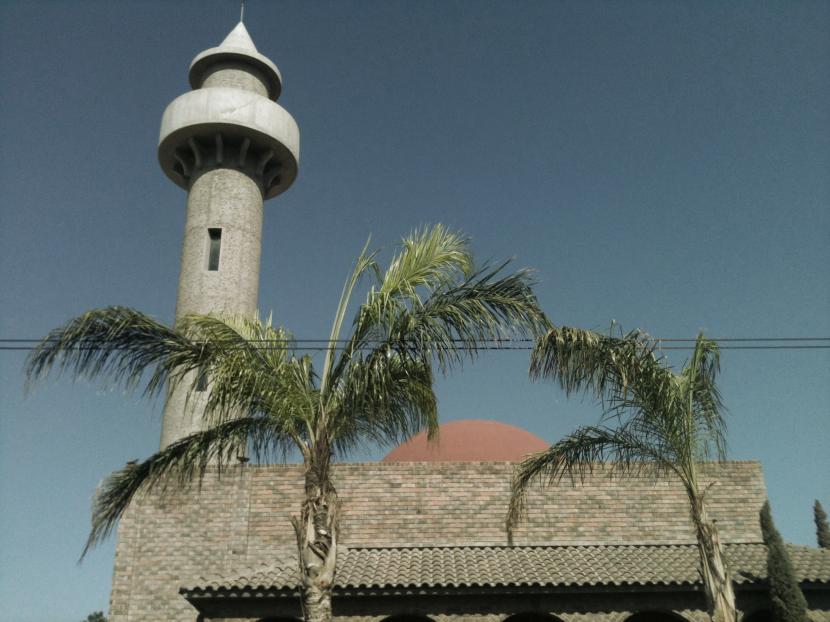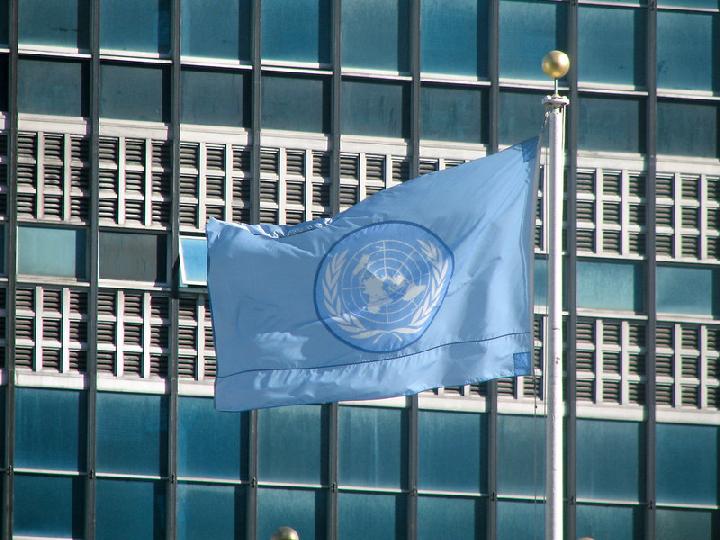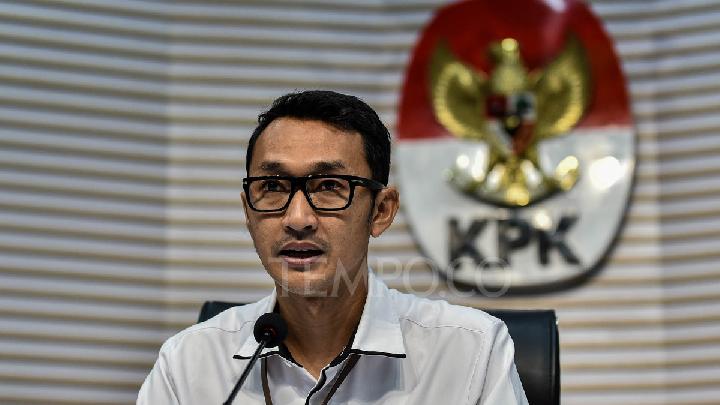TEMPO.CO, Jakarta - Together with six other European countries, namely Iceland, Ireland, Luxembourg, Slovenia, Malta, and Norway, Spain issued a statement strongly opposing Israel's attacks in Gaza. "We will not be silent in front of the man-made humanitarian catastrophe that is taking place before our eyes in Gaza. More than 50,000 men, women, and children have lost their lives," their statement said on Friday, May 16, 2025.
Since Israel launched a destructive military campaign in Gaza following Hamas' attack on October 7, 2023, Spain has consistently supported the Palestinian struggle, which has drawn sharp criticism from Israeli Prime Minister Benjamin Netanyahu. Spain's diplomatic approach is typical in Europe and reflects the influence of its left-wing coalition government. Le Monde Diplomatique elaborates on Spain's stance and approach to the Israel-Palestine conflict in an article titled Why Spain stands with Palestine.
Prime Minister Pedro Sánchez leads the Spanish Socialist Workers' Party (PSOE), which governs with the support of Sumar, a coalition comprising the United Left, the Spanish Communist Party, and various progressive regional parties.
Sánchez's parliamentary majority also relies on Podemos (which governed until 2023 before breaking away from Sumar), and separatist groups in the Basque and Catalan regions. In different ways and to varying extents, all these factions support the Palestinian resistance and wider decolonization efforts.
Longstanding Diplomatic Tradition
Spain's commitment to Palestine is rooted in a longstanding diplomatic tradition. In July 2024, Spain spearheaded a European initiative to recognize Palestine as a state, urging other countries to join. Prime Minister Pedro Sánchez deemed this recognition crucial for achieving a two-state solution and resolving the conflict that began in October, Al Jazeera reported.
Out of 193, 139 UN member states, including some European countries such as Iceland, Poland, and Romania, have recognized Palestine. Meanwhile, the European Union, along with the United States, France, and Britain, does not. Sánchez has gained support from Ireland, Malta, and Slovenia, but the EU remains divided, with countries like Portugal opting for a collective European approach.
Despite dissent within the bloc, along with Ireland and Norway, Spain officially recognized Palestine on May 28, 2024. These four countries believe united EU position cannot be achieved due to opposition from Austria, Germany, and the Netherlands. Experts argue that this step may encourage further recognition, although widespread shifts are unlikely to occur as these countries await decisions from key players like Germany, France, and Italy.
Spain also supported a case against Israel for genocide in South Africa at the International Court of Justice (ICJ) filed in October 2024, and has suspended some arms exports to Israel. These actions reflect more than just current political dynamics.
Historical and Cultural Relations with the Arab World
A report by Le Monde Diplomatique mentioned several factors shaping this policy. General Franco's connections with Arab and African military leaders during Spain's protectorate in Morocco (1912-1956) played a significant role, as did nostalgia among some Arabs for Al-Andalus, the Iberian Peninsula under Islamic rule from 711 to 1492. Likewise, a shared antipathy towards England and France also linked Spain under Franco to parts of Africa and the Middle East.
Arab kingdoms provided crucial resources to Spain, such as oil and food, and supported its membership in the United Nations in 1955. They also helped enhance Spain's relations with the United States, ending its diplomatic isolation. In 1949, Jordan's King Abdullah I became the first foreign head of state to visit Spain since the Civil War.
The report also mentioned significant historical ties between Jews and the Iberian Peninsula. The Book of Obadiah in the Bible mentions Sepharad, a term used by Jews since the Middle Ages to refer to the Iberian land, where many Jewish communities flourished before their expulsion in 1492.
Spain's unique cultural and diplomatic relations with the Arab world were further reflected in 1966 when Sabino Alonso Fueyo, then director of the Falange newspaper Arriba, proposed teaching Arabic in secondary schools to strengthen ties with Saudi Arabia. It was only after Spain transitioned to democracy that it recognized Israel in 1986, and it took until 1993 for King Juan Carlos I to make his first official visit to Tel Aviv.
Spain's Current Position on Israel and Palestine
Prime Minister Sánchez, alongside leaders from Ireland and Norway, is pushing the European Union to recognize Palestine as a sovereign state, basing this demand on respect for international law. His government increasingly criticizes Israel's military actions in Gaza and its repeated violations of international law.
However, Spain's position is not without contradictions. In early 2024, despite halting its own arms exports to Israel, Spain allowed over 60,000 pieces of military equipment, mostly of U.S. origin, to transit through Zaragoza airport en route to Tel Aviv. UN Special Rapporteur for the Occupied Palestinian Territory, Francesca Albanese, urged Spain to stop all military flights to Israel.
Public opinion in Spain overwhelmingly supports Palestinian statehood. A study in May 2024 by the Elcano Royal Institute found that 78 percent of Spaniards believe that European countries should recognize Palestine. Views on the origins of the conflict are divided: around half hold both Israel and Palestine responsible for the ongoing conflict, while the other half blame Israel.
Despite the anger over Israel's actions in Gaza, 60 percent of Spaniards still support a two-state solution, consistent with the EU and UN policy. Meanwhile, 37 percent support a single democratic binational state that guarantees equal rights for Israeli and Palestinian citizens, a position advocated by activist groups such as the Network for Solidarity Against the Occupation of Palestine and the Spanish branch of the BDS (Boycott, Divestment, and Sanctions) movement. These groups argue that a two-state solution is no longer feasible due to Israel's settlement expansion and the fragmentation of Palestinian territories.
Spain's Role in Pursuing Peace
Spain's stance on Palestine stems from the universal right of humans to live free from invasion and massacre. The historical and cultural resonance of Sepharad, the Jewish name for the Iberian Peninsula, underscores Spain's unique position. Descendants of the Jews expelled from Spain in 1492 still use this term, connecting the country's past to its present role.
Now, Spain aspires to make a meaningful contribution to resolving one of the world's longest-standing territorial conflicts, advocating for justice, international law, and the rights of the Palestinian people.
Editor's Choice: Spain Holds Madrid Group Meeting, Increases Pressure on Israel
Click here to get the latest news updates from Tempo on Google News
















































